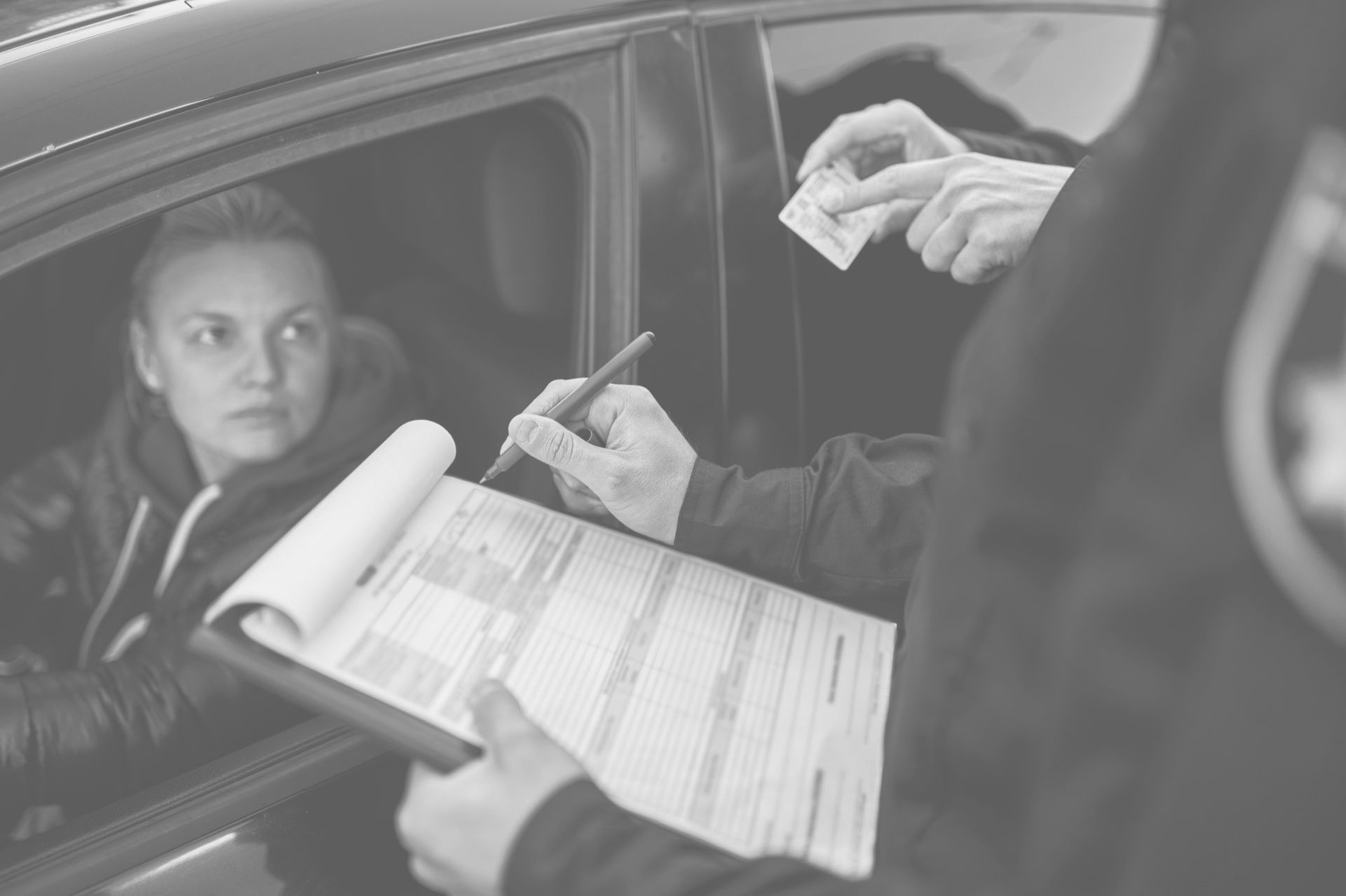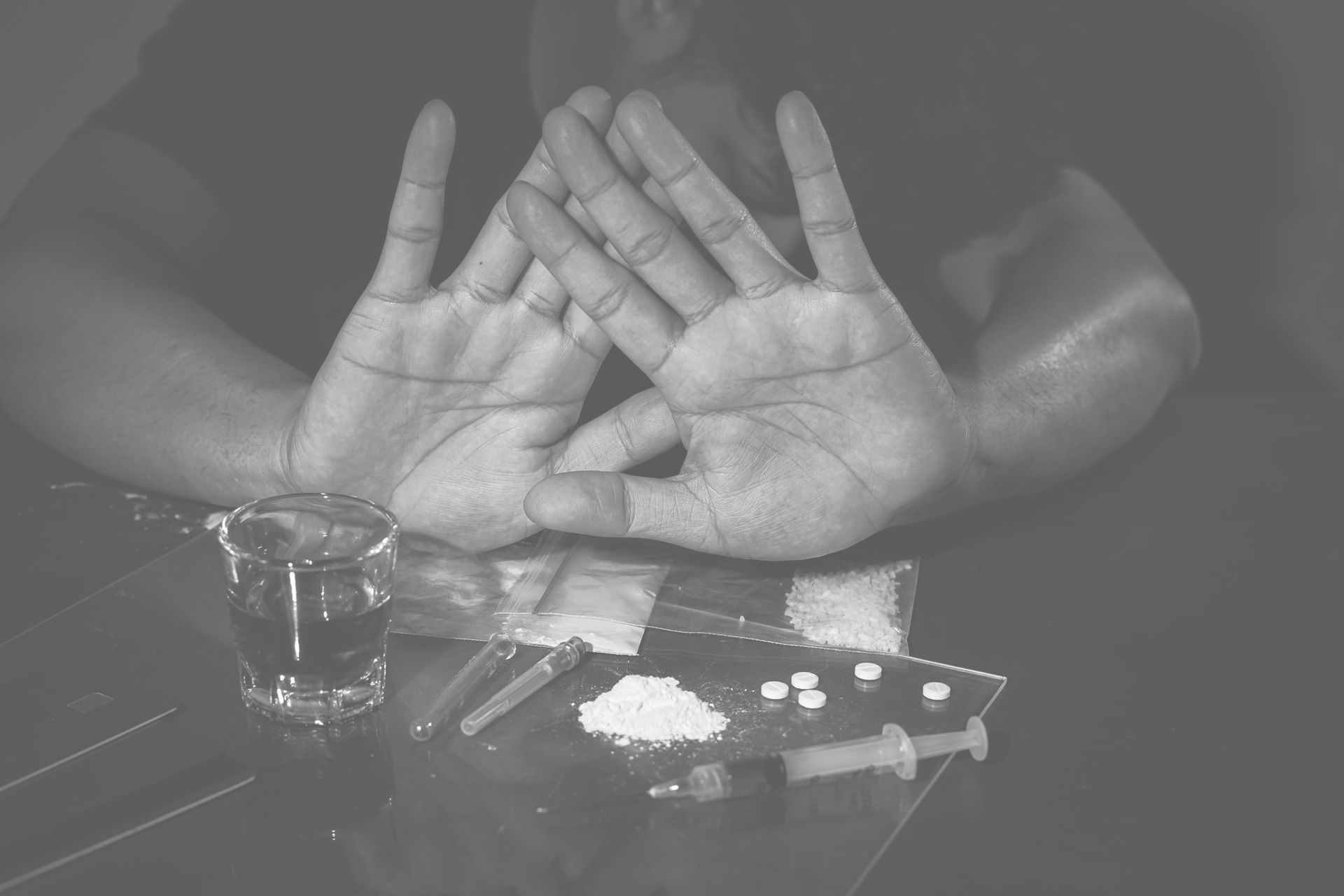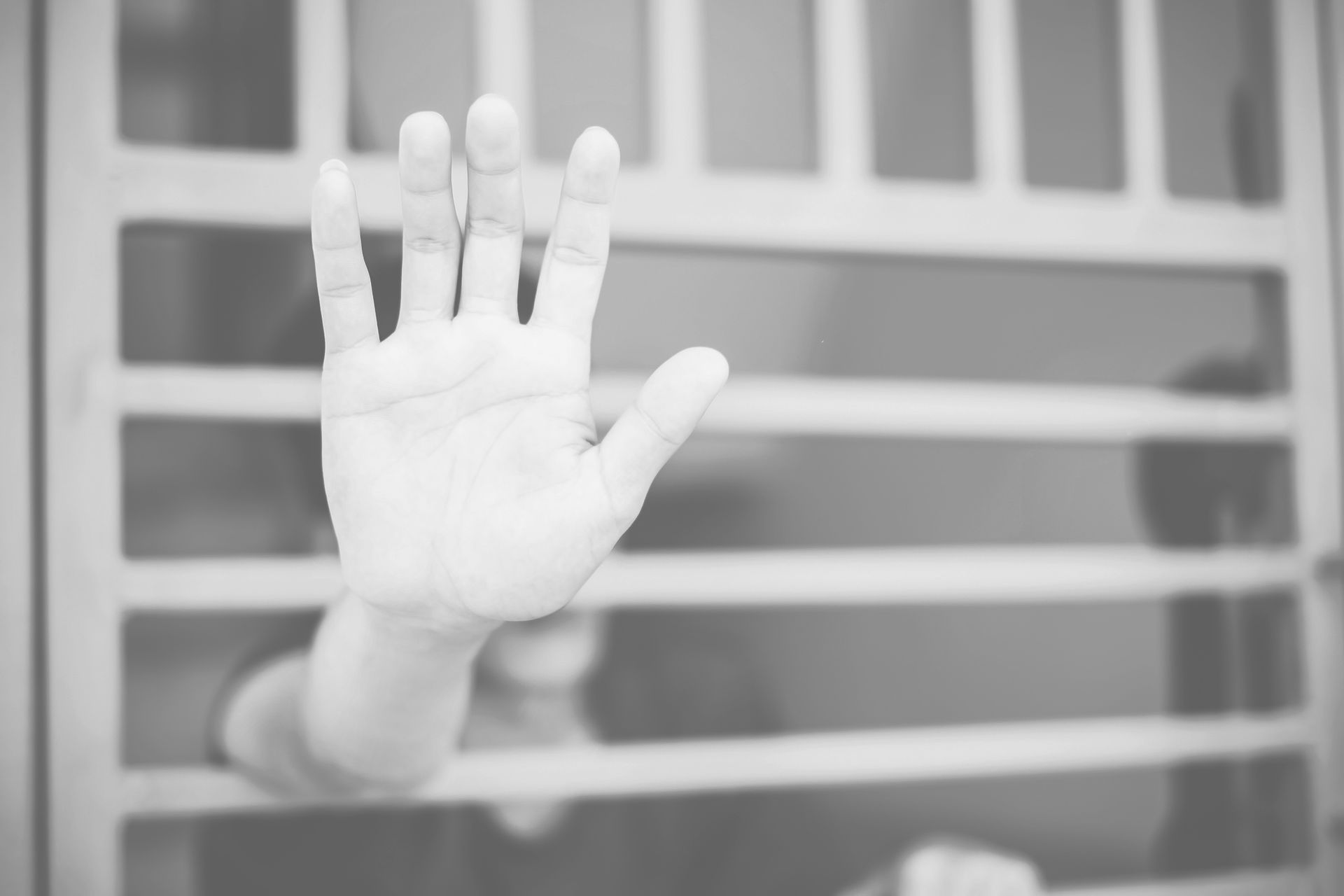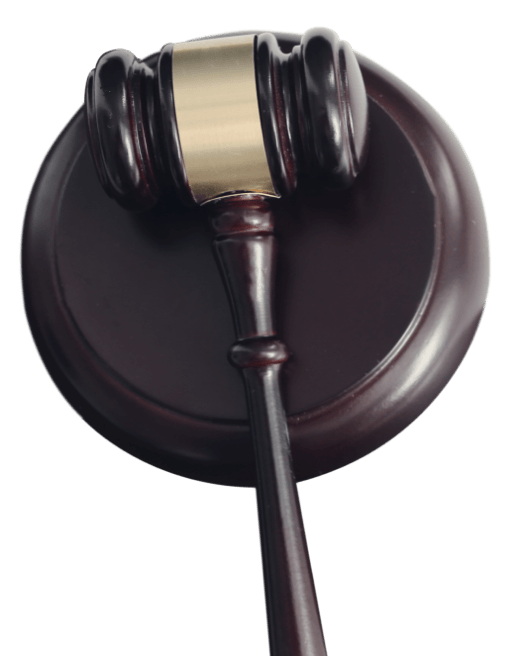Rolando Cantu is the founding attorney of the Law Office of Rolando D. Cantu. He is committed to providing aggressive and high level legal representation—successfully defending clients charged with state and federal criminal offenses. He works on every case as a priority with personal attention, while prioritizing their needs.
Contact Info
515 Pecan Blvd. McAllen,
Texas, United States 78501
Tel. +1 956-267-9898
Email: cantulaw@outlook.com
Call Now for a FREE CONSULTATION (956)-267-9898
Can a Witness Be Charged With a Crime in Texas? Understanding the Law and Its Implications
Written by Law Office of Rolando Cantú, reviewed by Rolando Cantú
Can a Witness Be Charged With a Crime in Texas? Understanding the Law and Its Implications
Witness testimony plays a critical role in the criminal justice system, providing crucial evidence for the prosecution or the defense in a trial or grand jury proceeding.
However, the relationship between witnesses and the law is not always clear or straightforward, especially when it comes to the question of witness immunity and liability. Many people assume that witnesses are always immune from prosecution or punishment for any crime they may have committed, but this is not entirely accurate. In Texas, as in other states, witnesses can indeed be charged with a crime under certain circumstances, but the requirements and limitations of such charges may vary depending on the situation.
In this blog post, we will explore the legal framework of witness immunity and compulsion in Texas, the exceptions and limitations of witness immunity, and the ethical and moral issues involved in witness misconduct. By the end of this post, you will have a better understanding of the law and its implications for witnesses in criminal cases.
Witness Definition
The Texas Code of Criminal Procedure defines a witness as “any person who is called upon to testify in any criminal proceedings, or whose testimony is material to the proceedings.” Under Texas law, witnesses are generally immune from prosecution for any offense related to their testimony as long as they meet certain requirements. These include: providing truthful testimony, not being under the influence of drugs or alcohol, and not refusing to answer questions.
Types of witnesses
In Texas, witnesses may be classified as either a “direct” or an “indirect” witness. A direct witness is someone who testifies in court and provides eyewitness testimony about the incident in question. An indirect witness, on the other hand, does not necessarily provide firsthand evidence but may instead offer relevant information such as expert opinions or circumstantial evidence. From there, there are different types of witnesses, such as:
- Lay witness
- Expert witness
- Character witness
A lay witness (or direct witness) is someone who can testify to what they experienced firsthand or what they saw. whether they are crime victims or bystanders. They may also provide circumstantial evidence, such as the clothes a suspect was wearing when they committed a crime. This is pretty relevant for any criminal case.
An expert witness is someone with specialized knowledge and experience in a particular area of law or science, who can give an opinion on certain aspects of the case based on their expertise. A criminal defendant might ask an expert witness to testify on their behalf, for example, if the defendant is facing a very technical charge such as computer hacking or fraud.
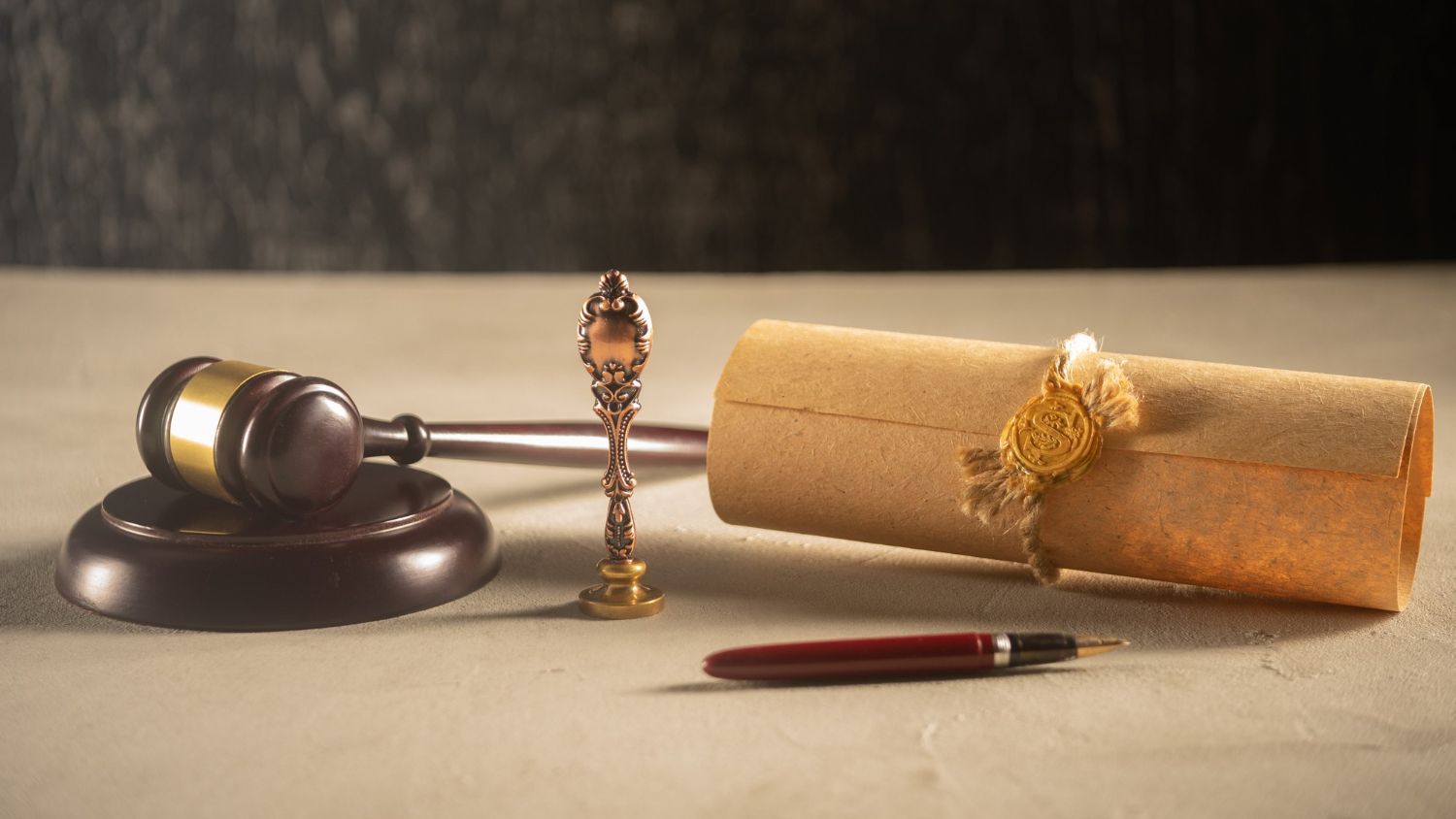
A character witness is someone who can testify to the moral or ethical character of a person involved in the case, such as an accused defendant or a victim. This type of testimony may be used in assessing damages or determining guilt. Criminal prosecution teams, for instance, may call on character witnesses to testify in order to show that the defendant lacks remorse or is a danger to society.
Other witnesses include hearsay witnesses, which are people who heard something about the case from a third party. Hearsay evidence is generally not admissible in court unless it meets certain criteria, such as having been reliably reported and verified by another witness. Also, a material witness is someone who has information that is essential to the case and cannot be obtained elsewhere.
The Legal Framework of Witness Immunity and Compulsion in Texas
Witness immunity is a legal concept in criminal law that protects witnesses from prosecution or punishment for any crime they may have committed based on their testimony or cooperation with law enforcement authorities. Witness compulsion, on the other hand, refers to the legal obligation of witnesses to testify truthfully in a court of law or a grand jury proceeding, even if their testimony may incriminate them or expose them to civil liability.
In Texas, witness immunity and compulsion are governed by a complex set of state and federal laws, including the Fifth Amendment to the United States Constitution, the Texas Constitution, and the Texas Code of Criminal Procedure. Generally, witnesses who assert their Fifth Amendment privilege against self-incrimination cannot be punished for refusing to testify or answer questions in a criminal trial or grand jury proceeding. However, the privilege does not protect them from unrelated crimes they may have committed before or after the testimony or from perjury or false statement charges.
Legal representation from a criminal defense lawyer can be invaluable in navigating witness immunity and compulsion issues. They will be familiar with the relevant laws and can provide guidance on how to assert your rights as a witness or protect yourself from potential prosecution for any crimes you may have committed. Moreover, they can advise you on which questions or testimony are permissible under the law and help ensure that your testimony is accurate, consistent, and protected.
Exceptions and Limitations of Witness Immunity in Texas
While witness immunity is a powerful legal shield, it is not absolute or unlimited. There are several situations where a witness may be subject to criminal liability even if they are compelled to testify or cooperate with the authorities. Some examples of such situations include:
- Witness tampering or intimidation: If a witness is coerced, threatened, or bribed to provide false or misleading testimony, or to withhold evidence, they may be charged with witness tampering, which is a third-degree felony in Texas.
- Contempt of court or obstruction of justice: If a witness refuses to comply with a court order or a subpoena, or if they intentionally disrupt or impede a trial or grand jury proceeding, they may be charged with contempt of court or obstruction of justice, which can result in fines or imprisonment.
- Conspiracy or aiding and abetting a crime: If a witness knowingly and intentionally participates in a criminal conspiracy or assists in the commission of a crime, they may be charged with conspiracy or aiding and abetting, which carry the same penalties as the underlying offense.
- Providing false or misleading testimony or information: If a witness lies under oath or provides false or misleading information to law enforcement authorities, they may be charged with perjury or making a false statement, which can result in fines or imprisonment.
It is important to note that the prosecutor has the burden of proving beyond a reasonable doubt that the witness committed the crime and that their immunity does not shield them from investigation or arrest. Moreover, witness charges are rare and require a high standard of proof, as they can have a chilling effect on the willingness of witnesses to come forward and testify.
Witness Misconduct and Ethics
Witness misconduct is a serious problem in the criminal justice system, as it undermines the integrity and fairness of trials, grand jury proceedings and the legal criminal proceeding. Whether a witness intentionally lies on the stand, withholds evidence, or displays bias or prejudice, such behavior can lead to wrongful convictions, acquittals of guilty defendants, or mistrials. In addition to harming the interests of the parties involved, witness misconduct can damage the public's trust and confidence in the judicial system and erode the rule of law.
To address witness misconduct, the legal profession has established various standards and guidelines that govern the conduct of witnesses, attorneys, judges, and other court personnel. For instance, the American Bar Association's Model Rules of Professional Conduct, which have been adopted by most states, outline the ethical obligations of lawyers when dealing with witnesses. Rule 3.3, for example, requires attorneys to disclose any material fact that they know or should know would be false or misleading to a tribunal or a party. Rule 3.4 prohibits lawyers from offering evidence or testimony that they know is false or from counseling a witness to do the same.

Similarly, the International Bar Association's Guidelines on the Role of Lawyers in Criminal Trials provide guidance on the appropriate behavior of lawyers and witnesses in criminal proceedings. Among other things, the guidelines stress the importance of honesty, impartiality, and fairness in witness testimony and underscore the need for effective safeguards against witness intimidation or harassment.
While these ethical standards can help deter witness misconduct and provide a basis for discipline or sanctions against offenders, they are not foolproof. Some witnesses may be tempted to lie or withhold information due to fear, pressure, or personal interests, regardless of the ethical rules. Moreover, some attorneys may be willing to encourage or tolerate witness misconduct to gain an advantage in the case, even if it violates their professional responsibilities.
To address these challenges, courts, and legal authorities may take various measures to prevent, detect, and punish witness misconduct. For example, they may offer witness protection programs, such as relocation, security, or anonymity, to protect witnesses from retaliation or intimidation. They may also use technological tools, such as video recordings or audio transcripts, to monitor the testimony and identify inconsistencies or falsehoods.

In addition, courts may impose sanctions or penalties against witnesses who engage in misconduct or who violate their legal duties. These sanctions may range from fines or contempt charges to imprisonment or disbarment. The severity of the sanctions may depend on various factors, such as the nature and extent of the misconduct, the impact on the trial, the witness's criminal history, and the degree of remorse or cooperation shown by the witness.
Conclusion and Takeaways
In conclusion, witnesses in Texas can be charged with a crime in certain circumstances, despite the common belief that they are always immune from prosecution. While witness immunity and compulsion laws provide some protection and guidance to witnesses, there are exceptions and limitations to their scope, and witnesses may face criminal liability if they commit certain offenses, such as perjury, contempt, or witness tampering.
Furthermore, witness misconduct is a serious problem that can damage the fairness and credibility of the legal system. To address this issue, courts, and legal authorities may rely on various ethical standards, guidelines, and measures to prevent, detect, and sanction witness misconduct. However, witness misconduct remains a complex and multifaceted issue that requires ongoing education, awareness, and action from all stakeholders, including witnesses, attorneys, judges, and the public.
Therefore, it is crucial for witnesses to understand their legal rights and responsibilities, and to act honestly, ethically, and impartially when testifying or cooperating with the authorities. If they have any doubts or concerns about their role or obligations as witnesses, they should seek legal advice or guidance from a
qualified criminal defense lawyer or a trusted source. Ultimately, by promoting the integrity and fairness of the justice system, witnesses can help ensure that justice is served.
Rolando Cantu is the founding attorney of the Law Office of Rolando D. Cantu. He is committed to providing aggressive and high level legal representation—successfully defending clients charged with state and federal criminal offenses. He works on every case as a priority with personal attention, while prioritizing their needs.
Contact Info
515 Pecan Blvd. McAllen,
Texas, United States 78501
Tel. +1 956-267-9898
Email: cantulaw@outlook.com






